Last Updated on August 4, 2023
The effect of The Simpsons on pop culture can’t be overstated. In the early nineties, the show tapped into the cultural zeitgeist in a way few others had before. Indeed, no other cartoon show could reasonably emulate it- but Hollywood couldn’t help but try. Capitol Critters, Family Dog, and Fish Police were just a few of the shows that tried to be “the new Simpsons.” Still, the only one that really came close was ABC’s The Critic, starring the voice of Jon Lovitz as Jay Sherman, perhaps the world’s least-loved film critic and the subject of this Gone But Not Forgotten episode.
Unlike other wannabe animated hits, The Critic could boast a legit connection to The Simpsons, with it also being a production of James L. Brooks’ Gracie Films. At the same time, creators Al Jean and Mike Reiss had been showrunners on The Simpsons during the acclaimed third and fourth seasons. The idea for The Critic came from a rejected Simpsons spin-off Matt Groening had the duo write, which was to center around Krusty the Clown, who would be turned into a single dad living in New York. Groening rejected the pitch, but Brooks, who wanted Jean and Reiss to make another show for him, sparked the idea once the duo changed the lead from Krusty the Clown to a frustrated, lonely film critic.
Bear in mind; this was the era of the TV film critic. Siskel and Ebert had become legit icons thanks to their “Two Thumbs Up” brand of easily digestible recommendations, while other celebrity critics like Pauline Kael, Rex Reed, Gene Shalit and Leonard Maltin weren’t that far behind. In the series, Sherman, who labelled virtually every popular movie with “It Stinks,” would work for the Duke Phillips Network, which was heavily inspired by Turner Broadcasting and its owner, Ted Turner. He, infamously, was the first guy to colonize black and white films, but later redeemed himself by starting Turner Classic Movies.
Jay Sherman was presented as a New York sophisticate in the mould of Woody Allen and, indeed, would have a complicated life. He was a single, divorced father of a son named Marty and the adopted child of a family of Kennedy-esque WASPs. His best and only friend was an Australian movie star named Jeremy Hawke, who was supposed to be a cross between Mel Gibson and Paul Hogan, and he had a makeup artist named Doris as his sounding board.
Jon Lovitz starred as the shlubby Jay. It seemed tailor-made for him. At the time, Lovitz was coming off of a run on Saturday Night Live and was famous as a comedy character actor. He was in a funny place in his career. He had chosen to leave SNL to do an infamously terrible movie called Mom and Dad Save the World. While this might have been a career killer, the fact that the film was shelved for a few years saved him. In the interim, he had played a key supporting role in A League of Their Own as a baseball scout, and many thought he stole the movie’s first half. It made him hot as a character actor, even being hired to replace Bruno Kirby in City Slickers 2 – a film that’s best forgotten. Most importantly, he’d also done a ton of voice work on The Simpsons, voicing many characters, including Artie Ziff, a rival for Marge’s affections in a critical episode.
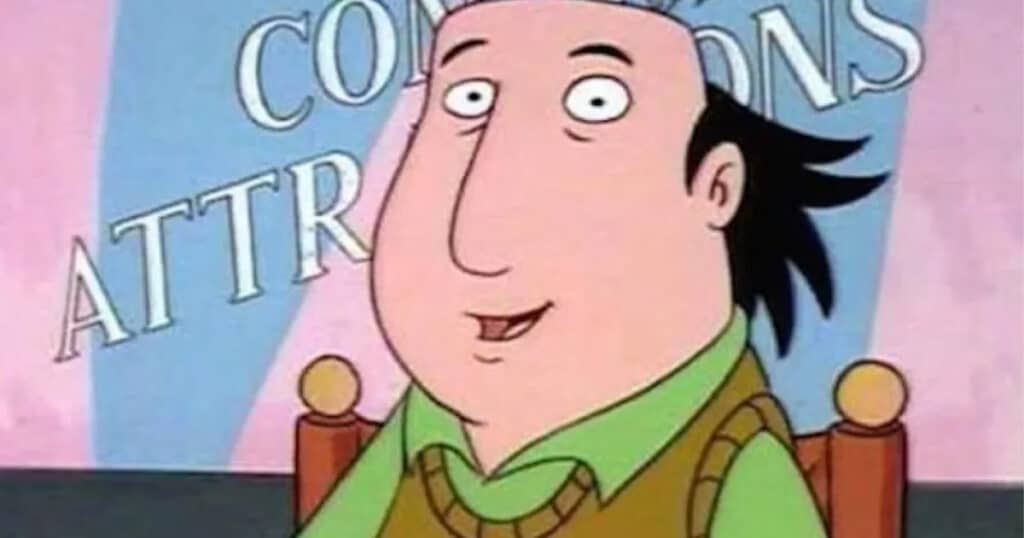
In an interview with the AV Club’s Random Roles, Lovitz says the character was written for him and says this is all thanks to A League of Their Own being a hit – as it made him a hot property.
Charles Napier, who played Murdock in Rambo: First Blood Part II, would voice Duke Phillips, and many Simpsons actors would pull double duty. If Doris sounds familiar, it’s because she’s voiced by Doris Grau, a script supervisor from The Simpsons who also voiced Lunchlady Doris. Nancy Cartwright, the voice of Bart Simpson, would voice Jay’s sister, Margot, the one person, other than his son Marty, who didn’t hate him. Rugrats voice actress Christine Cavanaugh would voice Marty. Jay’s father, who was supposed to be a senile take-off on patrician types like William F Buckley, was voiced by Gerrit Graham of Phantom of the Paradise. Hhis mother would be voiced by character actress Judith Ivey, who recently appeared in Women Talking.
What people most remember about the show are the movie parodies. Given that the show was produced in the mid-nineties, most of the popular movies of the era were satirized. Scent of a Woman, which won Al Pacino an Oscar, became ‘Scent of a Jackass’; The Piano became “The Slide-Whistle,” Howards End became “Howard Stern’s End,” Speed became “Speed Read,” and so on. Sometimes they would spoof genres, like when they did Arnold Schwarzenegger starring in “Rabbi P.I.” Or, stars would be mocked, such as an episode where a Jean-Claude Van Damme clone stalks Jay after giving his movie, “Bag Boyz n’ The Hood” a bad review (if you can find it – there’s a funny line where the JCVD clone says “How do you want your body bag – paper or plastic”).
Indeed, the show’s “Inside Hollywood” vibe was both a blessing and a curse. Movie fans loved it, but the ratings for the show were pretty weak, and ABC quickly cancelled it after 13 episodes. It was revived by Fox, but not without controversy. Given that it was from James L. Brooks” Gracie Films, it was re-launched with a Simpsons crossover episode called “A Star is Burns,” where Springfield puts on a film festival, and Jay is invited to head the jury. Matt Groening was furious at how shamelessly Fox was promoting the show and disowned the episode. Groening went public with his grievances against the network and Brooks, but public opinion was not on his side. Brooks criticized him as a petulant child, with him especially aggrieved at the fact that he would try to sabotage a show Al Jean and Mike Reiss, who’d toiled on the Simpson for many years, worked so hard on. However, they seemed to patch things up as Reiss and Jean soon returned to The Simpsons full-time and are still there now.
One of the oddest things about this episode is how Jay Sherman looked as a Simpsons character. The animation style in The Critic was always different, with our showrunner here, David Arroyo, describing it pretty well when he says it’s like The Simpsons meets The New Yorker. It’s jarring to see Jay suddenly yellow, like The Simpsons, with softer features.
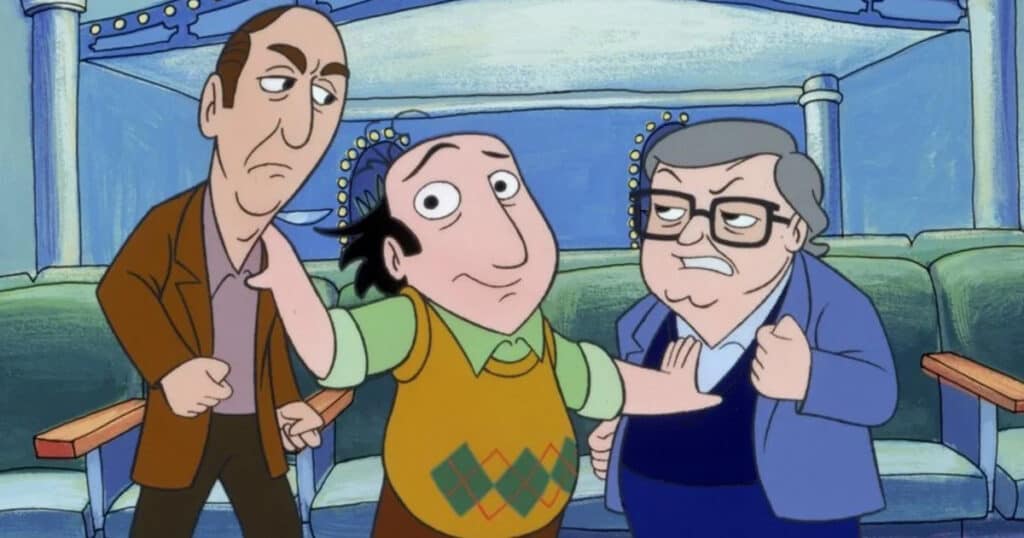
When the show moved to Fox, it arrived with a few changes having been made. Jay was softened up in a lot of ways, with them giving him a new love interest, Alice Thompkins, along with a daughter, Penny, in an effort to take the show, perhaps, in a slightly more conventional direction. The new episodes were still good, but it was one and done for this show over at Fox, with the network pulling the plug after ten episodes, meaning the series, despite its reputation, only ever ran 23 episodes. In his Random Roles interview, Lovitz says he still can’t figure out why Fox cancelled The Critic. While he acknowledges that ABC wasn’t the best home for the show, he maintains that, while airing after The Simpsons at Fox, the show had great ratings and maintained something like 90% of The Simpsons audience. He says the main reason they were axed was that the head of Fox had his own shows he wanted to air, and The Critic was someone else’s baby.
The show was eventually revived as a Flash-animated web series in 2000-2001, with episodes running about 3-5 minutes, but it was short-lived.
So why does the show have such staying power? For one thing, anyone who grew up loving films in the nineties was charmed by the show’s whole “inside Hollywood” style. It played to a cult audience, but that cult audience just loved it, and indeed when it was issued on DVD in the 2000s, it sold well. Nowadays, you can watch the show for free over Sony’s Crackle service.
Asked on reedit what episode is his favourite, Lovitz says the New York Marathon episode, which is a gem, as Jay becomes the laughingstock of New York after being rescued from a fire by his makeup lady, Doris. It also has one of my favourite non sequitur jokes of the series (clip – use “I’m going to die – I’ll see you in hell, Justine Bateman!”)
There are a lot of really excellent episodes to recommend. Still, perhaps the one that best sums up the appeal of the show is when Siskel & Ebert, playing themselves, guest starred on an episode where they have a falling out, and each of them tries to recruit Jay as the other’s replacement. It satirized the rumoured prickly relationship between the two with good humour, as everyone, even then, assumed the two despised each other – although the truth was more complicated. Interestingly, the two had actually reviewed the show on their TV series, which was the only time they reviewed a TV show, and they gave it a mixed-to-positive review, praising the parodies but warning that outside of Jay himself, the other characters weren’t memorable.
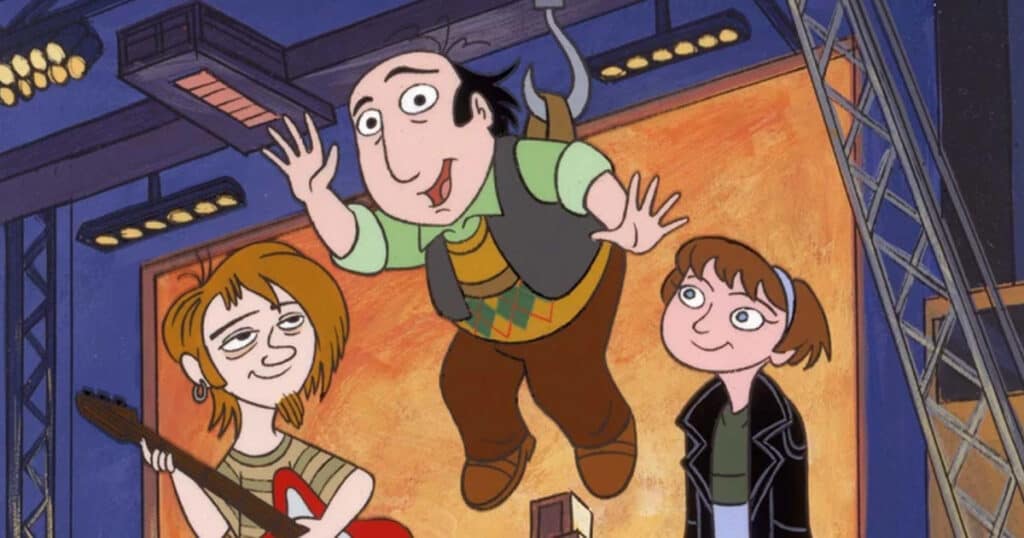
This is good criticism. The problem with The Critic is that it’s all about Jay. It’s like a traditional sitcom built around a star in that way, but cartoon shows aren’t really sitcoms. Think of The Simpsons. While Bart Simpson was the initial break-out character and everyone on the planet was going to “Do the Bartman,” the showrunners never allowed him to dominate the show. Homer, Marge and Lisa were always his equals, and even supporting characters got episodes built around them. The same has happened for Family Guy. It’s not all Stewie Griffith all the time. People love the whole cast. Beyond Jay, I doubt any casual fan even remembers any of the other characters. Jon Lovitz, mostly for better but in some cases for worse, dominated the show. It was a star vehicle for him, and he likely could have used a stronger supporting cast of characters.
No matter. The show is still a cult fave, although the notion of it ever being rebooted is unlikely. In a lot of ways, Family Guy is the heir apparent to the show with its non-stop parodies, although Lovitz, in his AMA, says Mike Reiss thinks it’s more of a rip-off (which Lovitz disagrees with). Indeed, The Critic is very much a product of its time, as the age of the TV critic is long gone. Were they to redo it, Jay would have to be an online blogger, and the vibe just wouldn’t work. Jay’s schtick was that he HATED everything, whereas online critics, who are often die-hard fans, are the opposite. They love everything – too much at times. I just can’t see them doing episodes of The Critic where Jay debates Superhero fatigue. The industry has changed too much. So The Critic should remain as it is – a beloved product of its time.



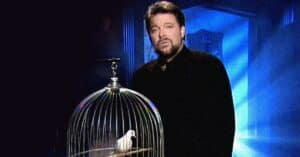
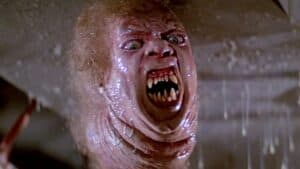
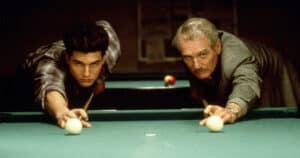
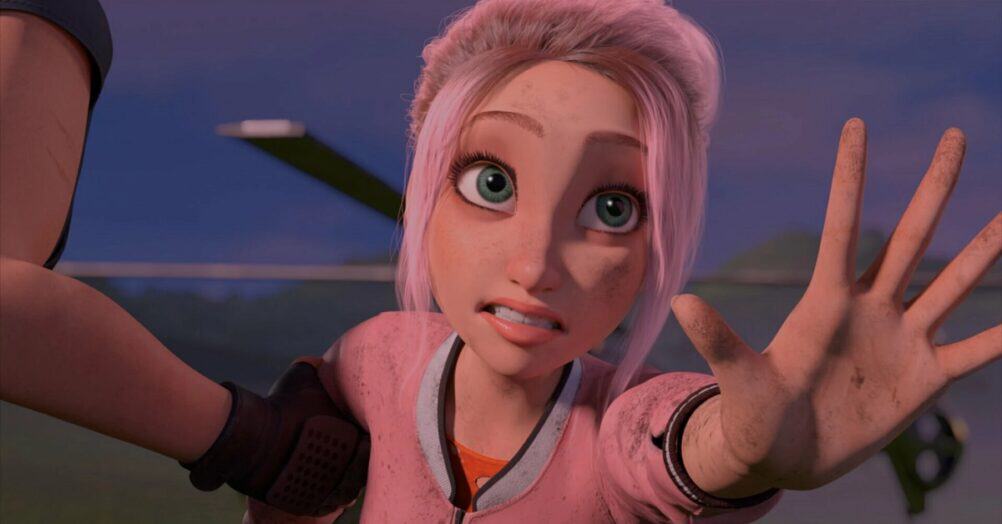
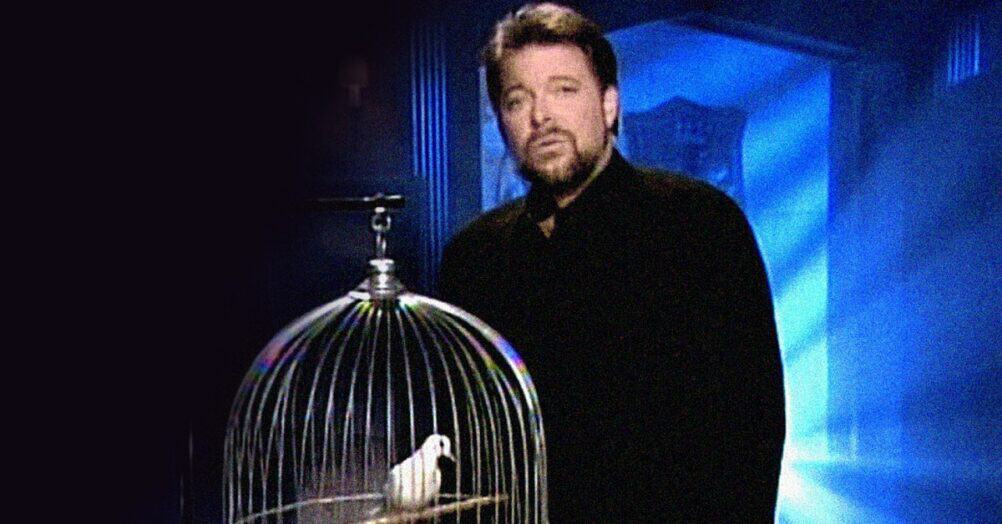

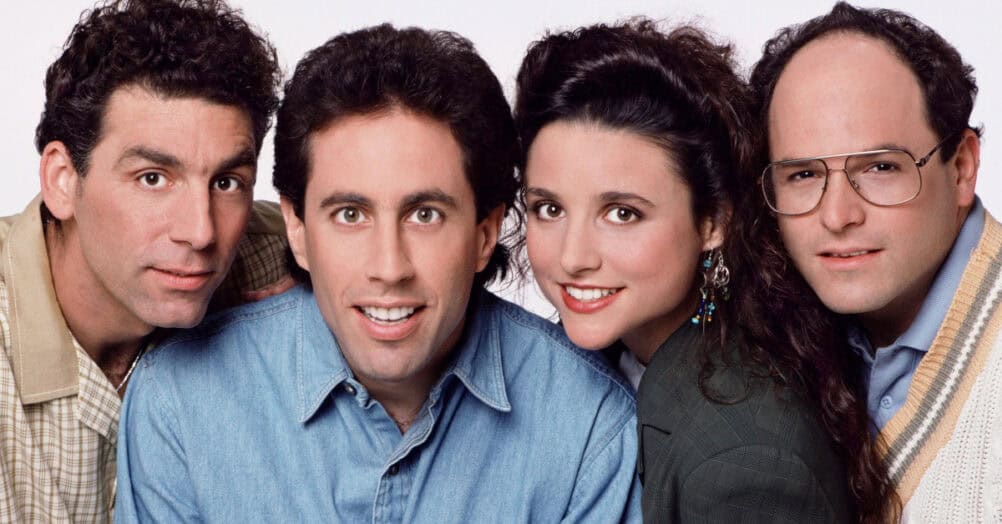
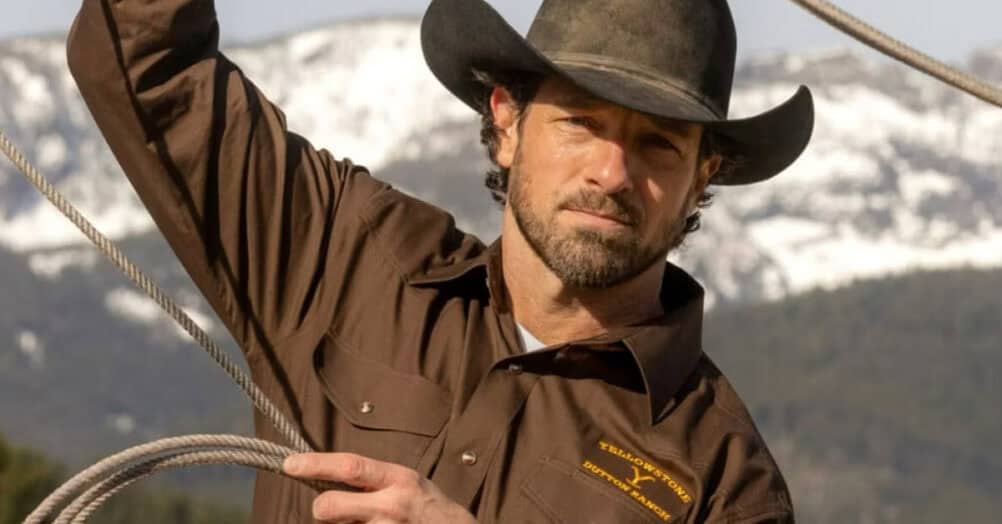
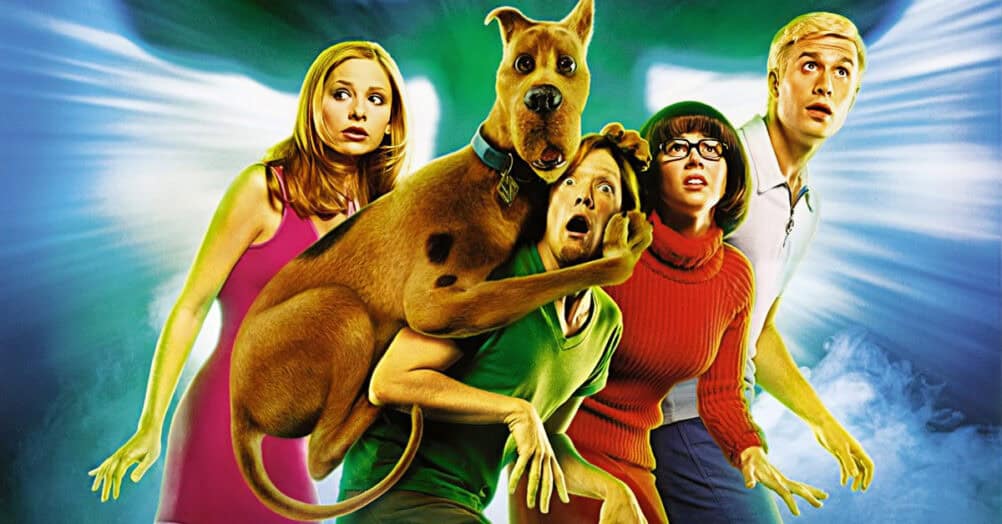
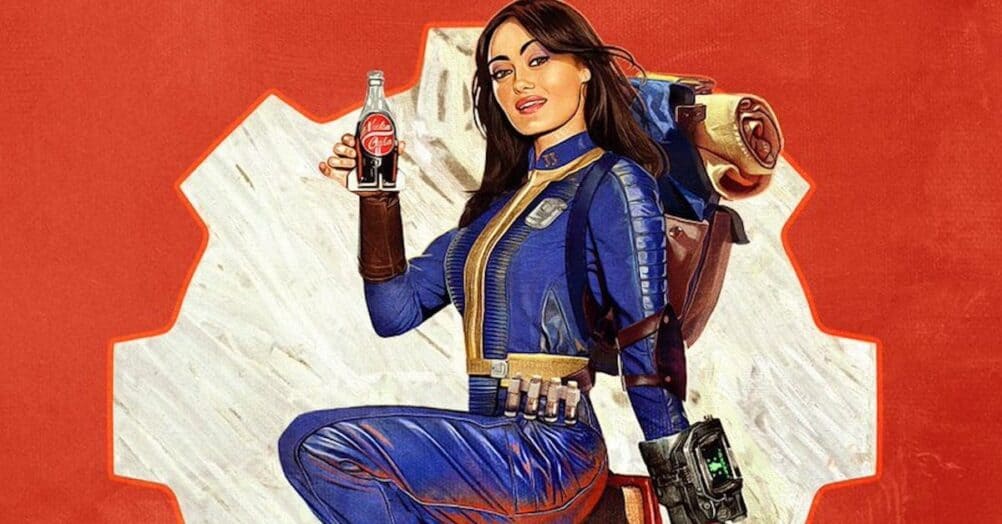
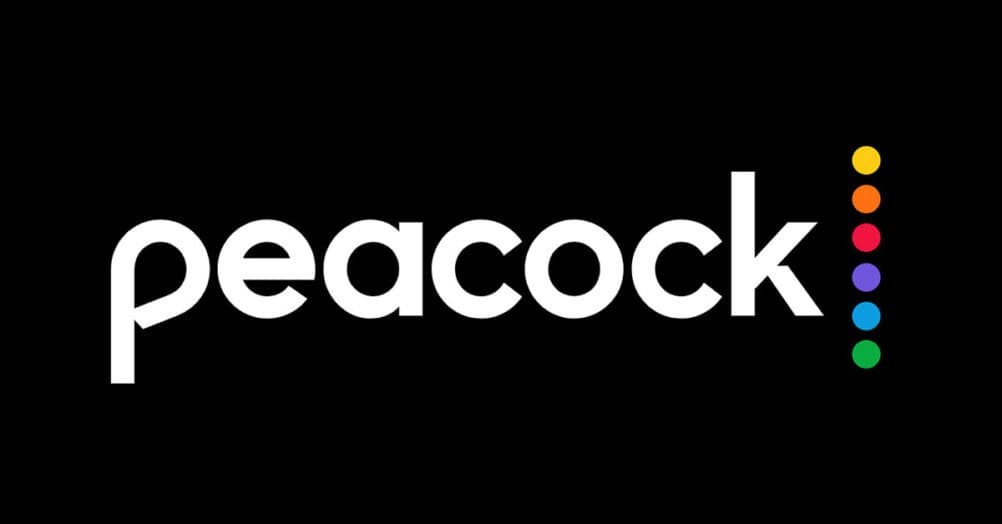
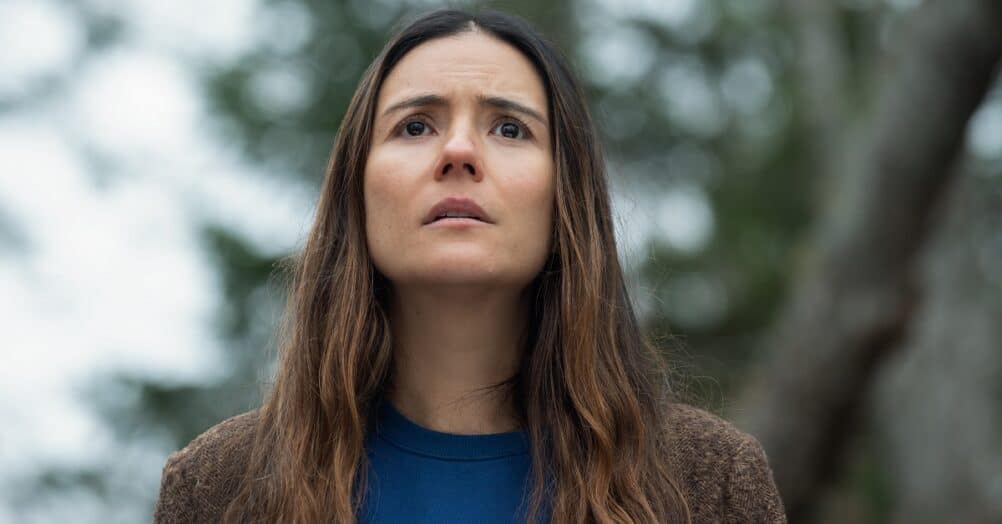

Follow the JOBLO MOVIE NETWORK
Follow us on YOUTUBE
Follow ARROW IN THE HEAD
Follow AITH on YOUTUBE